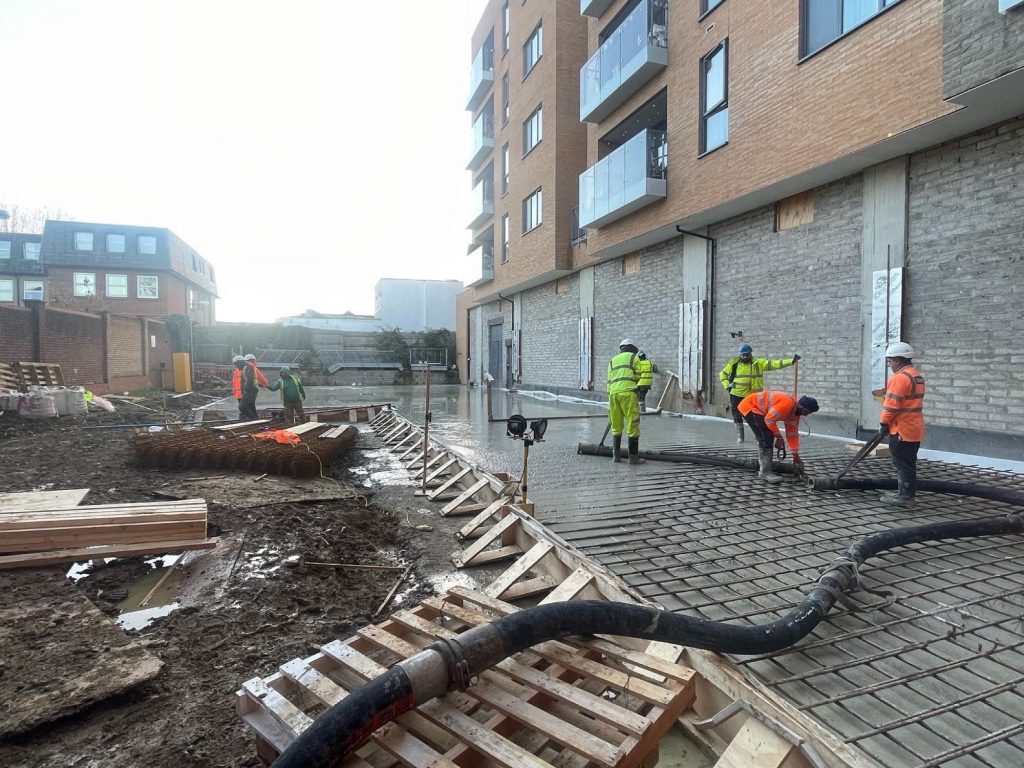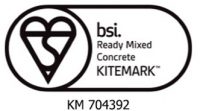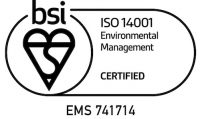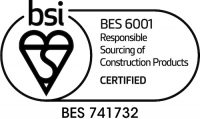Permeable concrete, also known as pervious or porous concrete, is currently being touted as a sustainable alternative in the construction industry, helping to address environmental concerns and stormwater management. This is something that’s becoming increasingly important here in the UK, given that, as of January 2024, we’re on our tenth storm since September.
In this article, the EasyMix team will take a look at the characteristics of permeable concrete, explore its various benefits, and highlight the applications where it really shines.

What is permeable concrete?
Permeable concrete is a specialised, porous type of concrete designed to allow water to pass through its structure, allowing for effective water drainage. Traditional concrete surfaces, such as pavements and driveways, create impermeable barriers that lead to flooding and water pollution. Permeable concrete, on the other hand, skirts around these issues as it’s engineered with gaps that allow water to soak through the surface and be absorbed into the ground beneath.

Benefits of permeable concrete
Permeable concrete’s porous properties afford it a number of different and important benefits:
Stormwater management: One of the primary advantages of permeable concrete is its ability to manage stormwater effectively. The porous nature of the material allows rainwater to pass through, reducing runoff and preventing waterlogging. This helps alleviate the strain on drainage systems and minimises the risk of flooding during periods of heavy rainfall. Again, the value of this can’t be stressed enough given just how volatile UK weather is becoming.
Groundwater recharge: Permeable concrete promotes groundwater recharge by enabling rainwater to pass through into the soil. This process replenishes underground aquifers (a layer of water-bearing material), contributing to the sustainability of water resources over time.
Reduced heat island effect: Traditional impermeable surfaces, such as asphalt and concrete, contribute to the urban heat island effect by absorbing and retaining heat. In contrast, permeable concrete allows water to evaporate, reducing surface temperatures and combating the heat island effect.
Improved water quality: As water soaks through permeable concrete, it is naturally filtered, removing impurities. This process improves water quality by reducing the risk of contaminants reaching water bodies such as rivers, lakes and reservoirs, benefitting both the environment and public health.

Applications of permeable concrete
So we’ve covered the benefits of permeable concrete, but what sort of projects is it best suited to? Let’s take a look.
Car parks: Permeable concrete is an excellent choice for car parks where stormwater runoff is a common issue. Its ability to manage water flow helps to prevent annoying puddles and takes some of the strain off drainage systems.
Pavements: In urban areas, permeable concrete pavements and walkways contribute to stormwater management, all while providing safe, strong and accessible pedestrian pathways.
Driveways: It’s not all commercial. Homeowners can benefit from permeable concrete driveways, which not only reduce runoff but also contribute to the sustainability of groundwater resources, so you’re doing your bit for the planet too.
Public spaces: Permeable concrete can be used in the construction of public spaces and pathways, improving their resistance to heavy rainfall and creating a more sustainable environment in towns and cities

EasyMix Concrete is one of the leading suppliers of permeable concrete in London and beyond. If you would like to learn more about our permeable concrete services, all you have to do is give us a call.



